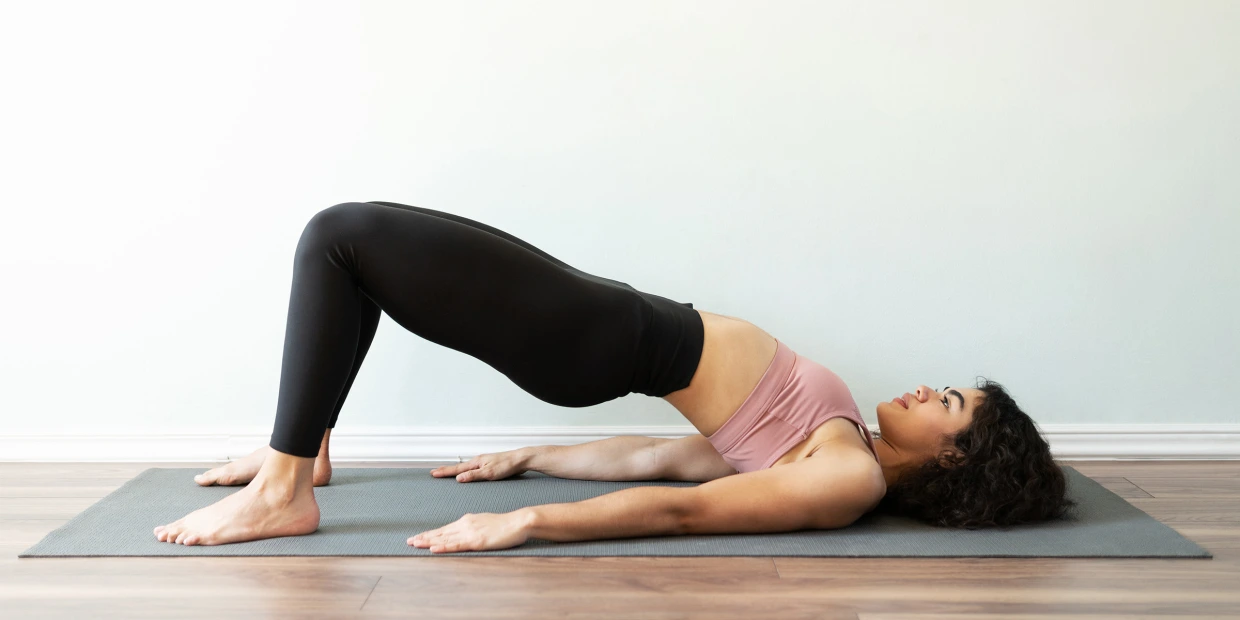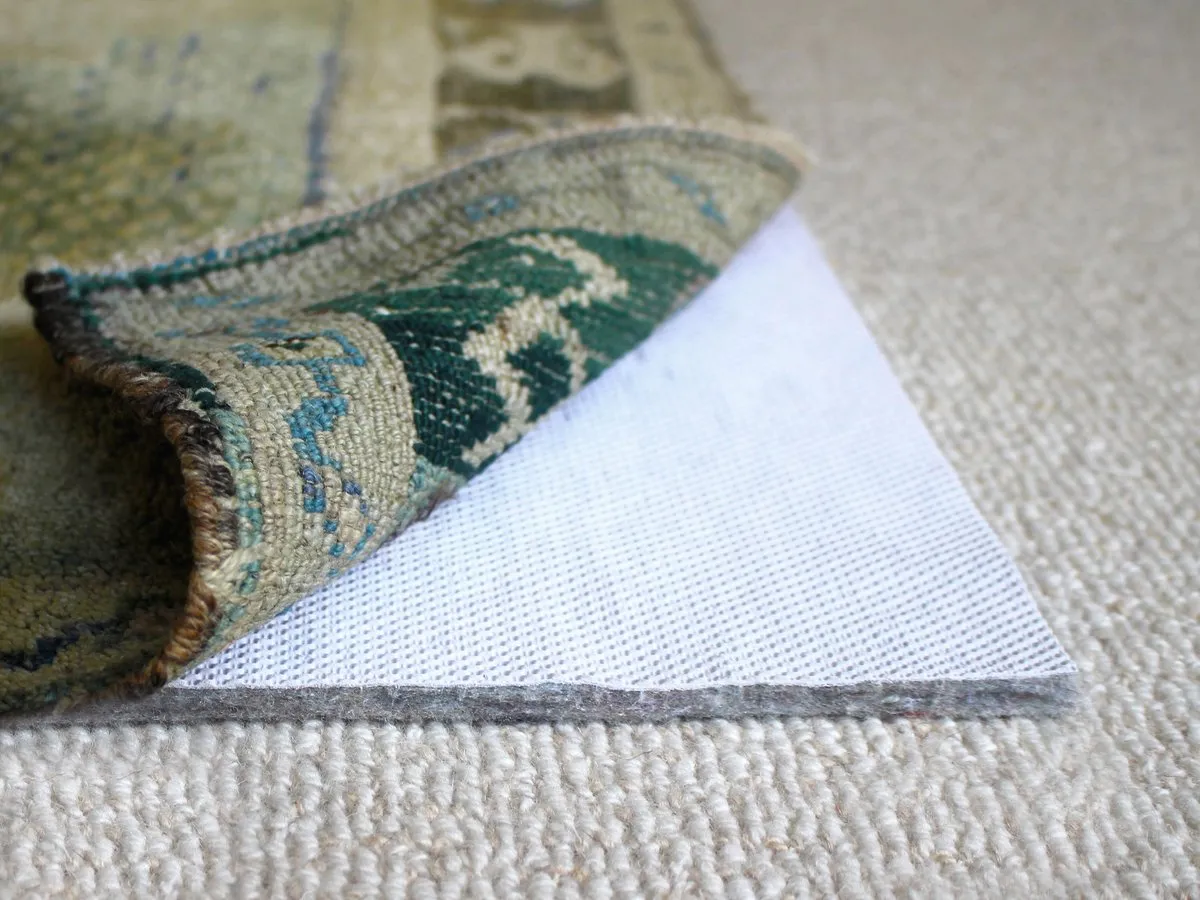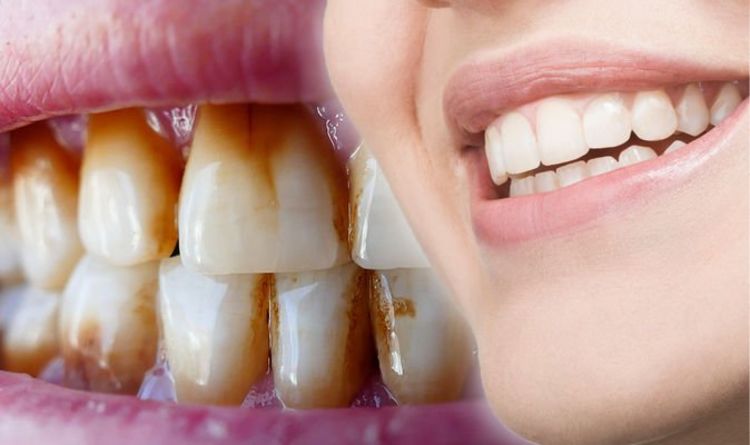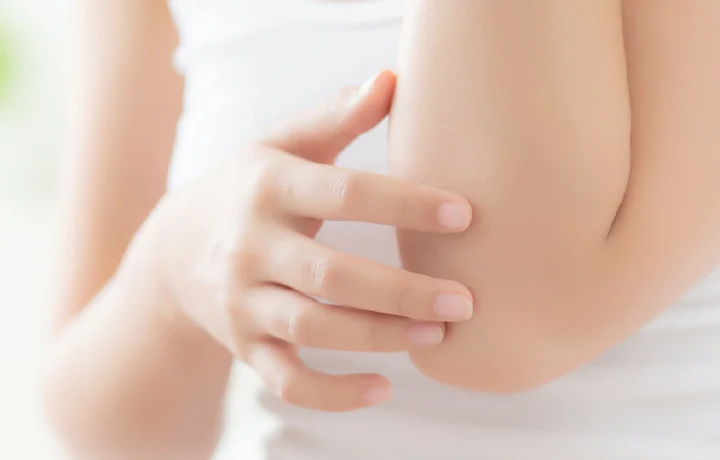The Tight Hip Flexor-Back Pain Connection: Myth or Reality?
The hip flexors, a group of muscles in the front of your hip, play a crucial role in hip flexion (lifting your thigh towards your chest). But can tight hip flexors really cause back pain? The answer is yes, but it’s not always a straightforward cause-and-effect relationship. This comprehensive guide explores the connection between tight hip flexors and back pain, delves into potential causes of tight hip flexors, and offers strategies for improving hip flexibility and preventing back pain.
Understanding Hip Flexors and Their Impact on Posture
The hip flexors are a group of muscles that include the iliopsoas (psoas major and iliacus) and the rectus femoris. These muscles originate in the lower spine and pelvis and insert at the top of the femur (thigh bone). Their primary function is hip flexion, but they also play a role in core stability and pelvic tilt.
When your hip flexors are chronically tight, they can pull your pelvis out of alignment, causing an anterior pelvic tilt. This tilt can lead to:
- Increased lower back curvature: The lower back arches excessively to compensate for the tilt, putting strain on the spinal structures and potentially leading to pain.
- Weak core muscles: Tight hip flexors can inhibit the function of core muscles that stabilize the spine, further contributing to back pain.
It’s important to note that tight hip flexors aren’t the sole culprit for back pain. Other factors like weak core muscles, poor posture, and injuries can also play a role.
Potential Causes of Tight Hip Flexors
Several factors can contribute to tight hip flexors:
- Prolonged Sitting: Sitting for extended periods shortens the hip flexors, leading to tightness.
- Inactivity: A lack of regular exercise can lead to muscle shortening and tightness, including in the hip flexors.
- Muscle Imbalances: Weak glutes and hamstrings relative to tight hip flexors can contribute to postural imbalances and back pain.
- Previous Injuries: Tightness can arise from injuries to the hip flexor muscles themselves or surrounding structures.
Strategies to Combat Tight Hip Flexors and Prevent Back Pain
Here are some strategies to improve hip flexibility and prevent back pain:
- Stretching: Regular stretching of the hip flexors can improve their flexibility and reduce tension. Here are some effective stretches:
- Kneeling Hip Flexor Stretch: Kneel on one knee, lunge forward with the other leg, and gently push your hips forward while keeping your back straight. Hold for 30 seconds and repeat on the other side.
- Standing Quad Stretch: Hold onto a sturdy object for balance, grab one foot behind your calf, and gently pull your heel towards your buttocks. Hold for 30 seconds and repeat on the other side.
- Strengthening Exercises: Strengthening your core and glutes can help improve posture and reduce the strain on your lower back. Exercises like planks, bridges, and glute squeezes can be beneficial.
- Maintain Good Posture: Being mindful of your posture throughout the day is crucial. Avoid slouching, and keep your shoulders back and core engaged.
- Ergonomics: Ensure your workspace is ergonomically designed to minimize sitting strain on your hip flexors.
If you experience persistent back pain or have difficulty stretching your hip flexors on your own, consulting a physical therapist can be beneficial. They can create a personalized exercise program to address your specific needs.
When to Seek Professional Help
While hip flexor stretches and strengthening exercises can be helpful for many people, there are situations where seeking professional help is crucial:
- Severe pain: If you experience severe back pain that worsens with movement or persists despite home remedies, consult a doctor or physical therapist.
- Numbness or Tingling: Numbness or tingling in the legs or buttocks can indicate nerve involvement and necessitates professional evaluation.
- Limited Mobility: If your hip tightness significantly restricts your ability to move your leg, seeking professional guidance is recommended.
Frequently Asked Questions (FAQ)
Q: Can weak hip flexors cause back pain?
- A: While weakness in the hip flexors themselves might not directly cause back pain, it can contribute to postural imbalances that strain the lower back. Strengthening your hip flexors as part of a balanced exercise program can be beneficial.
Q: How long does it take to loosen tight hip flexors?
- A: The time it takes to loosen tight hip flexors depends on the severity of tightness and your consistency with stretching. Regular stretching for a few weeks can show improvement, but long-term commitment is key for maintaining flexibility.




